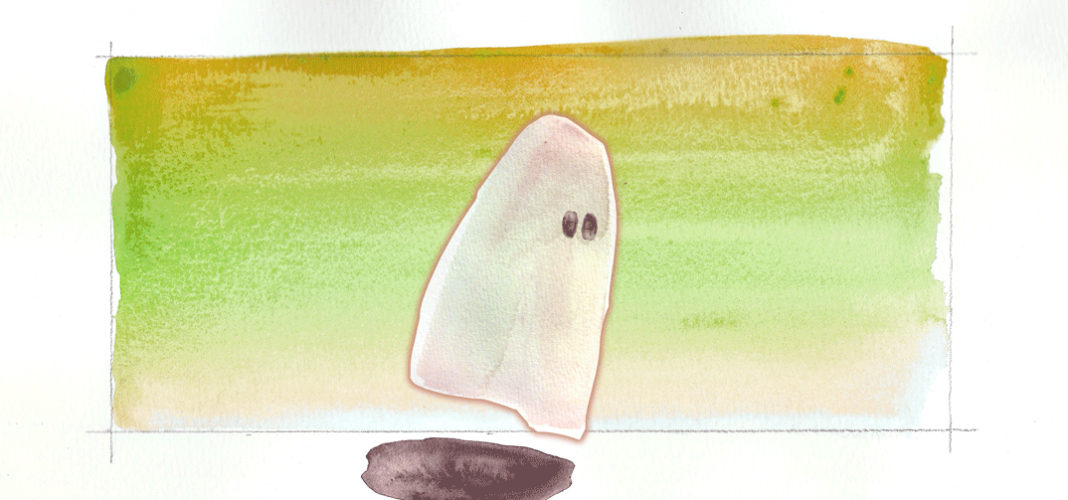Do you ever wonder about your unlived life? Do you ever wonder about the life you might have had? I have a patient, S, who was obsessed with her unlived life, her “ghost life,” as she called it. She constantly thought about what would have happened if she had married a different man, if she had continued to practice law, if she had moved to Italy after college, and so on.
She was full of “What ifs…” “What if I had said no when Jack proposed?” “What if I had insisted on moving to the country?”
Looking back on what could have been or should have been was a constant source of angst, a thorn in her side. She was always second guessing herself. If only she had made a different decision, she believed, she might have been happier. She loved her husband and she knew she had a “good life” but she couldn’t help but wonder, “What if….”
I was concerned that the relentless comparison of the life she had to the one she almost had was bordering on obsessive and unhealthy. It seemed like a particularly unforgiving and self-flagellating strain of self-comparison. Her concern about what she was missing out on was eclipsing everything else. It was FOMO (Fear of Missing Out) on steroids.
I did my best to guide S’ attention toward the goods thing in her life. I suggested she keep a gratitude list. I encouraged loving kindness meditation. We explored the fantasies of her unlived life. None of it helped loosen its hold on her. I needed a different approach.
I had heard about a book by psychoanalyst Adam Phillips, Missing Out, and found it to be illuminating. Rather than letting go of our unlived lives, Phillips encourages us to make peace with them and to learn from them:
“Our fantasy lives are not—or not necessarily—alternatives to, or refuges from those real lives, but an essential part of them….So we may need to think of ourselves as always living a double life, the one that we wish for, and the one that we practice; the one that never happens and the one that keeps happening.”
It is through our frustrations, he argues, that we can begin to understand what we truly want. By revealing what we long for and dream about, our unlived lives can bring us closer to what we value most and, ultimately, make the lives we have more satisfying.
I gave S a copy of the book too. Instead of endlessly mourning the life she didn’t have, she began to think of her ghost life as a tool to help her figure out what she could do differently in her current life. She had come to therapy to get away from the recurrent fantasies of an unlived life. It made her feel guilty and incomplete. It made her question her choices. She no longer felt this way. She told me, “I realize, my ghost life is just that—a ghost. It’s not here to frighten me or lead me astray. It is just passing by.”
I came across a beautiful observation about our unlived lives by author Cheryl Strayed that echoes S’s sentiment:
“I’ll never know, and neither will you, of the life you don’t choose. We’ll only know that whatever that sister life was, it was important and beautiful and not ours. It was the ghost ship that didn’t carry us. There’s nothing to do but salute it from the shore.”
― Cheryl Strayed, Tiny Beautiful Things: Advice on Love and Life from…
I wish you all the best,
Dr. Samantha Boardman






